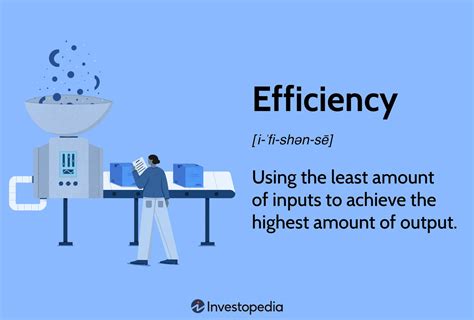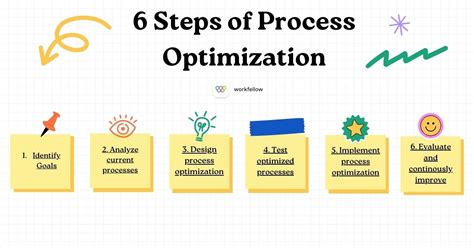How can nutrition optimize sustained energy & cognitive clarity for peak performance?
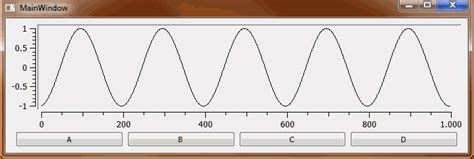
Fueling Your Brain and Body for Optimal Output
In today’s demanding world, achieving peak performance isn’t just about hard work; it’s profoundly influenced by how we fuel our bodies. Nutrition plays a pivotal role in maintaining sustained energy levels and sharpening cognitive clarity, which are essential for productivity, focus, and overall well-being. Understanding the intricate link between what we eat and how we perform can unlock significant improvements in our daily lives, transforming fatigue and brain fog into vitality and sharp focus.
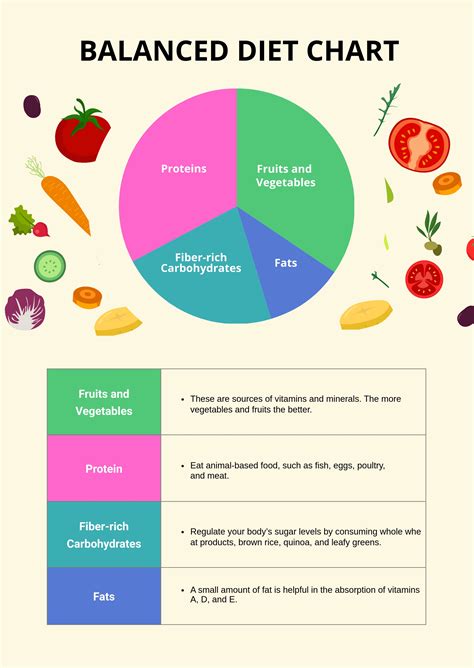
The Macronutrient Matrix: Energy & Building Blocks
Macronutrients—carbohydrates, proteins, and fats—are the foundation of our dietary intake, each contributing uniquely to energy and cognitive function.
Complex Carbohydrates for Steady Energy
Unlike simple sugars that cause rapid energy spikes and subsequent crashes, complex carbohydrates (found in whole grains, oats, vegetables, and legumes) provide a slow and steady release of glucose into the bloodstream. This ensures a consistent energy supply to the brain and muscles, preventing midday slumps and maintaining focus over extended periods.
Lean Proteins for Sustained Satiety & Neurotransmitter Production
Proteins are not just for muscle growth; they are crucial for producing neurotransmitters like dopamine and norepinephrine, which are vital for alertness, concentration, and mood regulation. Sources like lean meats, fish, eggs, dairy, and plant-based options such as tofu and lentils, help stabilize blood sugar and promote satiety, further aiding sustained energy levels.
Healthy Fats for Brain Health & Hormone Regulation
Often misunderstood, healthy fats are indispensable for brain health. Omega-3 fatty acids, found in fatty fish (salmon, mackerel), flaxseeds, and walnuts, are integral components of brain cell membranes, supporting cognitive function, memory, and mood. Monounsaturated and polyunsaturated fats also play a role in reducing inflammation and aiding the absorption of fat-soluble vitamins, contributing to overall vitality.
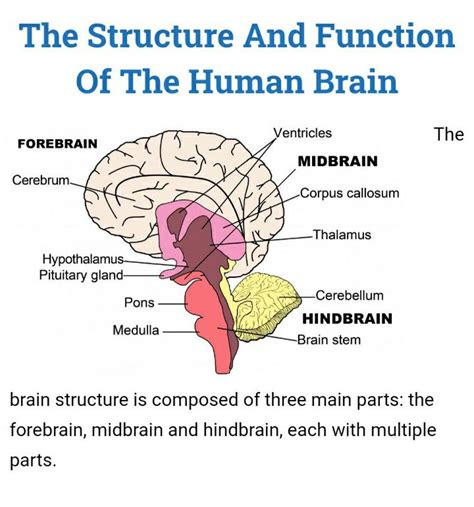
Micronutrients: The Unsung Heroes of Cognitive Function
While macronutrients provide the bulk of our energy, micronutrients—vitamins and minerals—act as critical cofactors in numerous biochemical reactions essential for energy production and cognitive processes.
- B Vitamins: Crucial for energy metabolism and the synthesis of neurotransmitters. Deficiencies can lead to fatigue and impaired cognitive function.
- Iron: Essential for oxygen transport to the brain. Low iron can result in fatigue, poor concentration, and reduced cognitive performance.
- Magnesium: Involved in over 300 enzymatic reactions, including energy production and nerve function. It helps calm the nervous system and supports sleep quality.
- Antioxidants (Vitamins C, E, Selenium): Protect brain cells from oxidative stress and inflammation, which can impair cognitive function over time.
- Zinc: Important for neurotransmitter function and nerve signaling.
Hydration: The Often-Overlooked Performance Enhancer
Even mild dehydration can significantly impair cognitive function, leading to decreased concentration, reduced short-term memory, and increased fatigue. Water is essential for nutrient transport, waste removal, and maintaining the electrical conductivity of the brain. Aim for consistent hydration throughout the day, not just when thirsty.

Nutrient Timing and Meal Frequency
How and when you eat can be as important as what you eat. Spreading your meals and snacks throughout the day helps maintain stable blood sugar levels, preventing energy dips and ensuring a continuous supply of nutrients to the brain. A balanced breakfast kick-starts metabolism, while strategic midday snacks can prevent energy crashes. Avoid heavy, high-sugar meals that can lead to post-meal sluggishness.

Practical Strategies for Nutritional Optimization
Implementing these principles into your daily routine doesn’t have to be complicated:
- Prioritize Whole Foods: Build your diet around unprocessed fruits, vegetables, whole grains, lean proteins, and healthy fats.
- Plan Ahead: Meal prepping can ensure you have healthy options readily available, reducing the temptation for quick, unhealthy choices.
- Listen to Your Body: Pay attention to how different foods affect your energy and focus. Identify and minimize foods that cause sluggishness or brain fog.
- Stay Hydrated: Keep a water bottle handy and sip throughout the day.
- Limit Processed Foods & Sugars: These provide transient energy boosts followed by crashes and offer minimal nutritional value.

Conclusion: A Sharper Mind and Body Through Nutrition
Optimizing nutrition for sustained energy and cognitive clarity is a powerful strategy for achieving peak performance in all aspects of life. By focusing on a balanced intake of complex carbohydrates, lean proteins, healthy fats, and a spectrum of essential micronutrients, alongside consistent hydration and mindful eating practices, you can unlock your full potential. Embrace food as your ultimate fuel, transforming not just your physical energy, but also your mental acuity and overall well-being.

